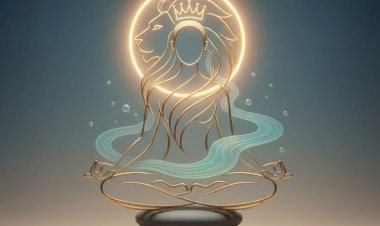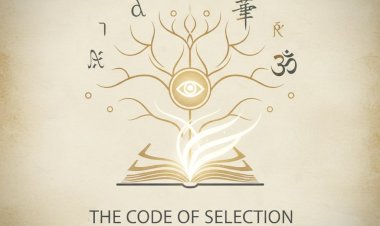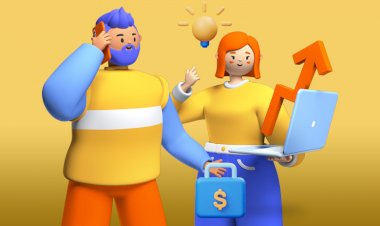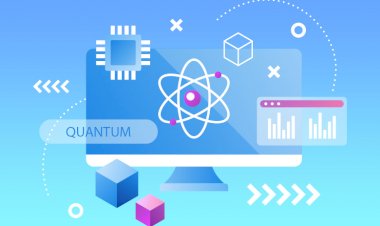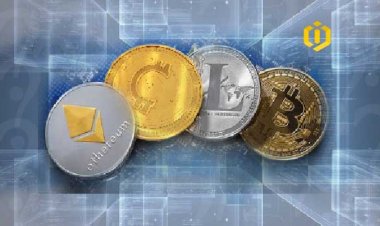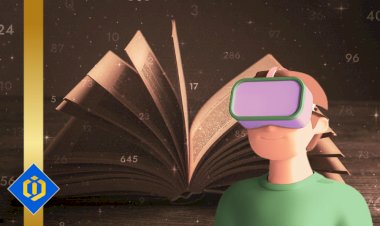China: A History of the Empire and a Future Economic Power
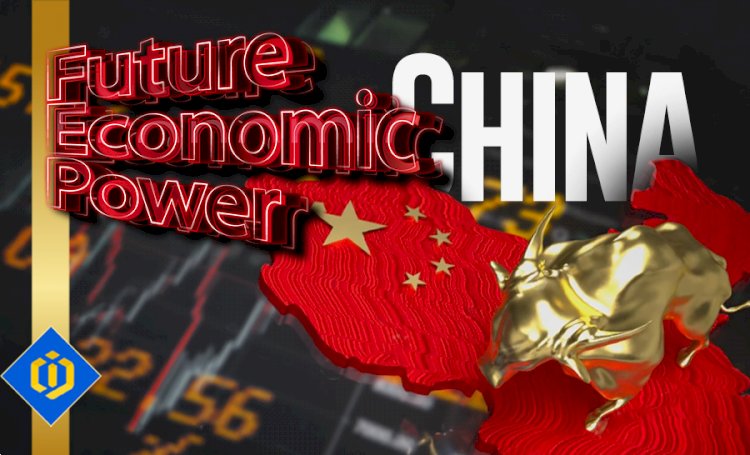
China has a long and complex history that is closely intertwined with the role of the emperor. For centuries, the emperor was seen as the ultimate authority in the country, with absolute power over the government, the military, and the people. Today, China is a rapidly growing economic power, with a large and growing consumer market and a significant presence in global trade. In this article, we will explore both the history of the emperor in China and the country's current economic power and future prospects.
The Emperor in China
In China, the emperor was seen as the "Son of Heaven," a divine figure who had been granted the right to rule by the gods. The emperor was responsible for maintaining the order and harmony of the universe, and was believed to have the ability to control the elements and natural disasters. The emperor was surrounded by a large bureaucracy of officials, who helped to run the country and implement his policies. These officials were chosen through a rigorous examination system, which tested their knowledge of Confucianism, the philosophy and ethics that had come to dominate Chinese culture.
Throughout China's long history, there have been many influential and powerful emperors. Some of the most famous include Qin Shi Huang, the founder of the Qin Dynasty and the first emperor to unify China; Emperor Wu of Han, who expanded the empire through military conquests and oversaw significant economic and cultural growth; Emperor Taizong of Tang, who instituted a series of reforms that strengthened the government and the military and promoted the arts and culture; Emperor Hongwu, the founder of the Ming Dynasty who promoted agriculture and education and punished corruption and disloyalty harshly; and Emperor Kangxi, who oversaw significant military and economic expansion, promoted Confucianism and the arts, and worked to improve the lives of his subjects.
China's Economic Power and Future Prospects
China has experienced remarkable economic growth and development in recent decades, becoming the world's second-largest economy behind the United States. This growth has been driven by a combination of government policies, market-oriented reforms, and a large and growing consumer market. China's economy has undergone a dramatic transformation since the 1980s, when the government began implementing market-oriented reforms and opening up to foreign investment. These reforms have led to rapid industrialization, urbanization, and the emergence of a large and growing middle class.
Today, China is home to some of the world's largest and most innovative companies in fields such as technology, e-commerce, and renewable energy. The country has also become a major player in global trade, with exports accounting for a significant portion of its economy. China's economic power and global influence have not gone unnoticed, and many experts predict that the country will continue to grow in importance in the coming years. Some believe that China could eventually overtake the United States as the world's largest economy, although there are also concerns about the country's debt levels, political system, and human rights record.
Despite these concerns, China has shown a remarkable ability to adapt and innovate in the face of challenges, and its government has a long-term vision for economic and social development. With a population of over 1.4 billion people and a rapidly expanding middle class, China is likely to remain an important economic and political force in the world for years to come. However, China also faces a number of challenges in the future, including an aging population, environmental degradation, and tensions with other countries over issues such as trade, human rights, and territorial disputes. The country will need to continue to balance economic growth with social and environmental concerns, while also navigating a complex and rapidly changing global conditions.
This article has been written with the assistance of Artificial Intelligence (AI).

 content-team
content-team 


